Abstract 4/2014
Table of content
Olgierd Wyszomirski – The sustainable development of urban public transport on the example of Gdynia
Hebel Katarzyna – Changes in transport preferences and behavior of the inhabitants of Gdynia between 1996 and 2013
Krzysztof Grzelec – Research of the demand volume and structure as a base of public transport services settlement in the framework of Gdynia’s intercommunal agreements
Marcin Wołek – State of the art and perspectives of development trolleybus transport in Gdynia
Kamil Bujak – Importance and conditions of public transport control – the case of Public Transport Authority in Gdynia
Aleksandra Mendryk, Olgierd Wyszomirski – Marketing strategy of Public Transport Authority in Gdynia
Justyna Staszak-Winkler – Promotion of the services of Public Transport Authority in Gdynia under the conditions of the sustainable development policy
Hubert Kołodziejski – Public Transport Authority in Gdynia as an participant of tariff and tickets integration in the Gdansk Bay Metropolis
Abstracts
Olgierd Wyszomirski
The sustainable development of urban public transport on the example of Gdynia
Abstract: In 1998 a strategy of sustainable development of public transport was introduced in Gdynia. Ensuring a rational range of public transport services is fundamental within this strategy. The most significant factors which determine the demand for this type of transport are the number and the structure of citizens as well as the level of individual motorization. The Public Transport Authority in Gdynia is the organizer of public transport in Gdynia and in 6 other communities having a common transport system based on the communal agreements. The transportation of passengers is uneven within the twenty-four-hour and hourly period. The supply of services equals the demand. Persons entitled to free or reduced transportation dominate among all passengers. The number of lines and operational work differs in particular communities. The services are provided by public and private operators. The highest number of vehicles operates on weekdays during the afternoon hours. The budgetary surcharges have a greater share in services financing than the incomes from the ticket fares. Water tramways operating during summer holidays and the minibuses for handicapped people play a complementary role in the services organized by the Public Transport Authority in Gdynia. It is important to focus on structure of transport offer when planning the public urban transport development in Gdynia. The growth of the modal share of trolleybus and railway transport can be predicted. Assuring a priority to public transport within the road transport is going to be indispensable. The categorization of lines and the modular frequency should be retained as far as the timetables are concerned. The public transport of Gdynia will be integrated in the scale of metropolis. (within the metropolis).
Key words: urban public transport, demand, supply, transportation, development
Hebel Katarzyna
Changes in transport preferences and behavior of the inhabitants of Gdynia between 1996 and 2013
Abstract: The article presents the results of the research on the preferences and travel behavior carried on in Gdynia by the Public Transport Authority in Gdynia and the Transport Market Department of Gdańsk University in years 1996, 2002, 2008 and 2013. The research encompassed every time 1% of the inhabitants aged 16 to 75, selected randomly, in a multilayer manner. Individual interview in the households was chosen as the research method. The research investigated the hierarchy of the transport postulates, the level of the inhabitants satisfaction with the implementation of particular postulates, declared and real selection of transport modes in the city, factors determining those choices and destinations. The range of changes of the mentioned parameters was identified within the analyzed period. In case of most parameters it was possible to observe clear tendency of the changes. The main factors determining the changes occurred demographical, social and occupational structure of the inhabitants, and first of all – the level of private motorization. It was proved that inhabitants permanently regard directness, punctuality and frequency of the transport connections as of the highest significance. The level of inhabitants’ satisfaction is considered high, although as far as punctuality is concerned it decreased as a result of the delays caused by the traffic congestion. The growing level of satisfaction on the comfort postulate has been observed. The inhabitants of Gdynia to a growing extent realized their urban trips by private cars. The share of inhabitants travelling by bikes remained minimal. The inhabitants travelling by public transport constantly first of all choose buses and secondly – trolleybuses. The overall evaluation of the quality of public transport services of the inhabitants of Gdynia is high and grows constantly.
Key words: demand for urban transport services, transport preferences, travel behavior, marketing research
Krzysztof Grzelec
Research of the demand volume and structure as a base of public transport services settlement in the framework of Gdynia’s intercommunal agreements
Abstract: Subsidies for public transport are due to its operation in areas with permanent deficit of public transport budget. If budget subsidy is not adequate to the actual cost of public transport operation and revenues from tickets, it could restrict development of public transport in the commune’s area and cause undue charge by one municipality for another which is not rationable in the light of operational and economic aspects. Amount of subsidy for public transport, covered by communes on the base of intercommunal agreements is a result of subtraction between cost of transport services and revenue from ticket sales. This paper presents the principles and methods of calculating the commune subsidies based on marketing research of demand, which are an integral part of intercommunal transport agreements.
Keywords: budgetsubsidy, public urban transport, costs, income, marketing research
Marcin Wołek
State of the art and perspectives of development trolleybus transport in Gdynia
Abstract: Dynamics of trolleybus transport development in Gdynia was mainly stimulated by external factors (situation on liquid fuel markets, access to subsidies of European Union and development of the bus transportation) and transport policy of the city. Strong and stable market position of trolleybus transport in Gdynia is an effect of complex investment, organizational and managerial activities. They are being reflected in the improvement of partial quality parameters of trolleybus transport.Citizens’ opinions on the future approach of local government in regards to the trolleybus transport form the base of its further development. Percentage of citizens that wanted to replace trolleybus lines with bus lines has been decreased and was comparable to the share of respondents expected an opposite action. More than half of the inhabitants prefer to maintain the existing proportion between trolleybus and bus transport. Number of citizens expecting implementation of new trolleybus lines was doubled between 2002 and 2013. Determinants influencing further development of trolleybus transport in Gdynia are ecological factors (lack of local emissions, low level of noise), exploitation factors (priority for public transport vehicles and long life cycle of trolleybuses), technological factors (gradual independence of the vehicles from the catenary), economical factors (taking into account external costs), political and image factors.
Key words: public urban transport, trolleybus transport, trolleybus
Kamil Bujak
Importance and conditions of public transport control – the case of Public Transport Authority in Gdynia
Abstract: Public transport control is one of the most important management processes and according to the Polish public transport Act, it should be the responsibility of the organising authority. One of the control activities, undertaken by the Public Transport Authority in Gdynia are mystery client observations, that are continuously carried during the entire year at designated stops. They focus mainly on the measurements of buses and trolleybuses punctuality, as well as on the correctness of the information (route number and destination) on the vehicle. Due to the high intensity of mystery client observations, the control primarily achieves its preventive and corrective role, what, as a consequence, leads to the decrease in the number of shortcomings (lost, ahead of schedule or incorrectly identified runs). Another useful tool that motivates operators to quality improvements are operators’ league tables, prepared periodically by ZKM Gdynia. Considering that public transport contract determines the effectiveness of control, a wide range and detailed set of quality standards (with corresponding penalties) are incorporated in contracts between ZKM Gdynia and operators. Operators are penalized for any of the failure in reaching the agreed performance level in areas like: safety, timetable, comfort, passenger information, cleanliness, customer care and cooperation with public transport authority. In the nearest future, punctuality and performance (operational work) of public transport in Gdynia will be measured with the use of ITS system TRISTAR, currently being under construction.
Key words: urbanpublic transport, quality control, transport quality
Aleksandra Mendryk, Olgierd Wyszomirski
Marketing strategy of Public Transport Authority in Gdynia
Abstract: The Public Transport Authority in Gdynia as the entity organising transport services in the market of public transport in Gdynia operates using the concept of marketing management, which is based on self-designed marketing strategy.Marketing strategy of the Public Transport Authority in Gdynia includes the following elements: the mission of the entity, marketing situation of the entity (market position of the Public Transport Authority in Gdynia, SWOT analysis), strategic objective as well as directional and general objectives, the target market, proceedings on the market, activities in shaping services, prices, distribution and promotion, activities in the field of staff management, control and marketing audit. The mission of the Public Transport Authority in Gdynia is to meet needs and transport demands of inhabitants of Gdynia and neighboring municipalities. While determining the market position of the Public Transport Authority in Gdynia, the main competitors have been identified as: cars and bus operators operating outside the transport system and providing services within the area served by the Public Transport Authority in Gdynia. The strategic objective of the current marketing strategy of the Public Transport Authority in Gdynia is to stop the decrease of public transport share in city journeys. The target market of the Public Transport Authority in Gdynia was defined in objective, subjective and spatial dimension. The proceedings of the Public Transport Authority in Gdynia in the market can be considered as offensive. Among marketing instruments the highest attention is paid to shaping of services. The crucial in staff management is motivation system based on discretionary wage. Implementation of the marketing strategy requires control and audit. For this reason, the Public Transport Authority in Gdynia carries out the periodic assessment of task’ implementation and current marketing results.
Key words: urbanpublic transport, marketing strategy, marketing management
Justyna Staszak-Winkler
Promotion of the services of Public Transport Authority in Gdynia under the conditions of the sustainable development polic
Abstract: Promotion of public transport services is a part of transport policy of Gdynia based on sustainable urban transport development. The aim of the promotion is not only to inform about the offer, but also create the need for its recognition. Promotion of public transport in Gdynia is not only information, but also education. An important element of these activities were educational programs about eco transport – performed by the Public Transport Authority in Gdynia. At the time of intensive use of cars in the cities such actions are taken to build a positive image of public transport, and with environmental education encourage the use its services. However, it is important to use basic instruments of promotion mix in activities, including advertising, public relations, personal selling and sales promotion. Strategy of the promotion of public transport services in Gdynia in terms of sustainable development is an important element of marketing management. The future of the promotion of urban transport projects is the implementation of information, education and trainings activities for eco transport.
Key words: promotion, urban public transport, sustainable mobility, transport policy
Hubert Kołodziejski
Public Transport Authority in Gdynia as an participant of tariff and tickets integration in the Gdansk Bay Metropolis
Abstract: The tariff and tickets integration is one of the most important criteria for the evaluation of the functioning of public transport in urban areas. In the Gdansk Bay Metropolis there is a need for tariff and tickets integration. In 2008, the MZKZG (Metropolitan Transport Union of Gdańsk Bay), the aim of which is full integration of public transport in the Gdansk Bay Metropolis offered to transport users “joint ticket” for buses, trolleybuses, trams and trains, which represents a complementary offer in relation to the previously existing tariffs and tickets. New “joint ticket” is an additional offer for passengers traveling all over the metropolitan area. The offer of metropolitan tickets first of all is dedicated to the passengers who make metropolitan trips by different means of transport. The metropolitan tickets are very useful for tourists, who do not have to acquaint with tariffs and tickets of different organizers and operators. An important participant in the tariff and tickets integration is the Public Transport Authority in Gdynia, which has accepted the idea of “joint ticket” providing to the passengers easy travel by public transport in the Gdansk Bay Metropolis. The sale results of the integrated metropolitan tickets show positive effects and reception of this integrated solution. It is also important that the tariff and tickets integration supports implementation of sustainable transport policy.
Key words: integration, tariff and ticket system, public urban transport, metropolitan ticket
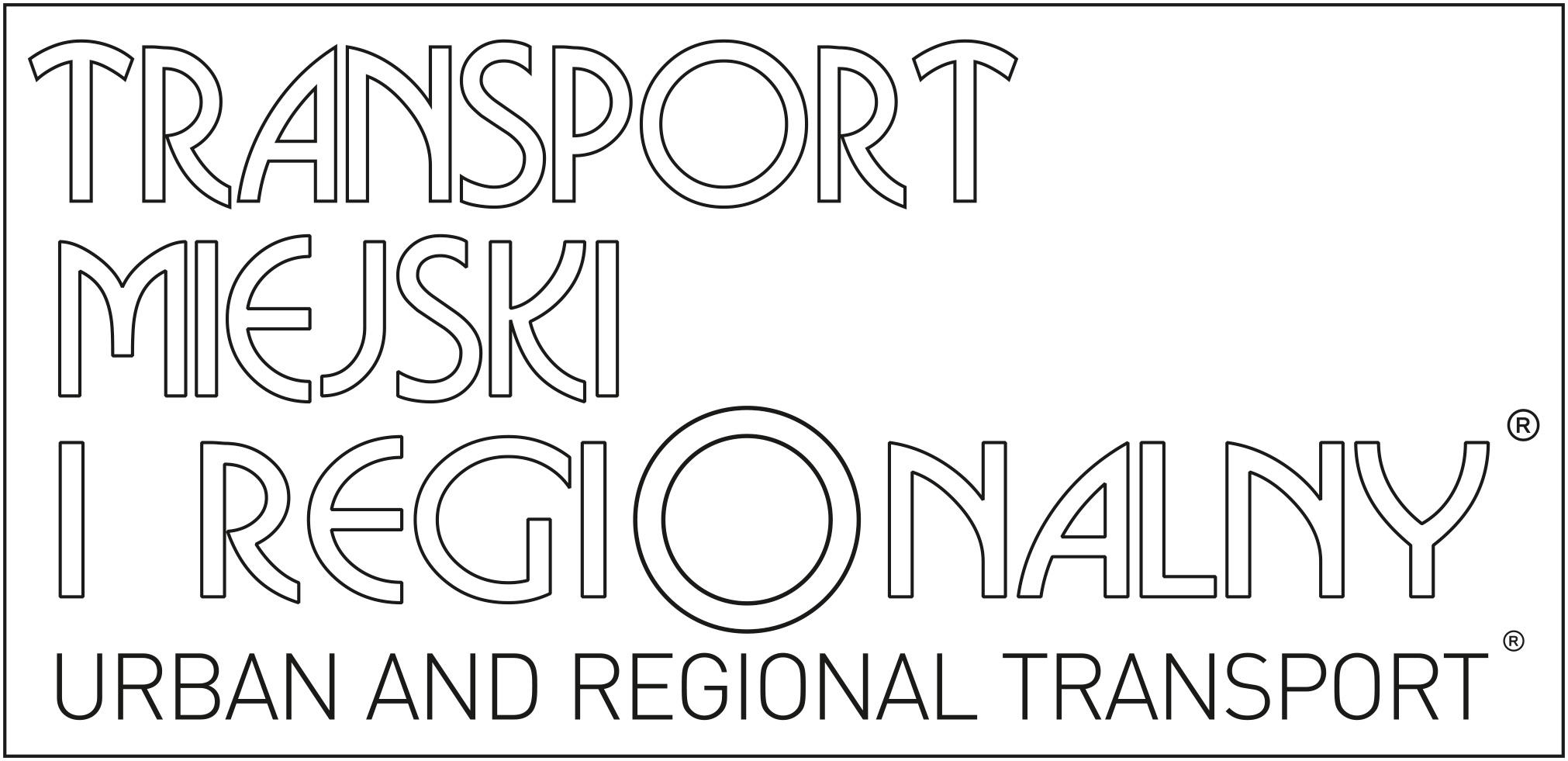
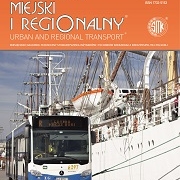 SITK RP
SITK RP 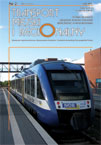 SITK RP
SITK RP 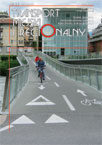 SITK RP
SITK RP 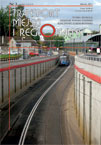 SITK RP
SITK RP 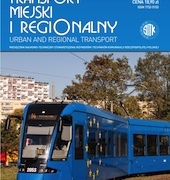 SITK RP
SITK RP 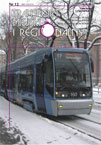 SITK RP
SITK RP 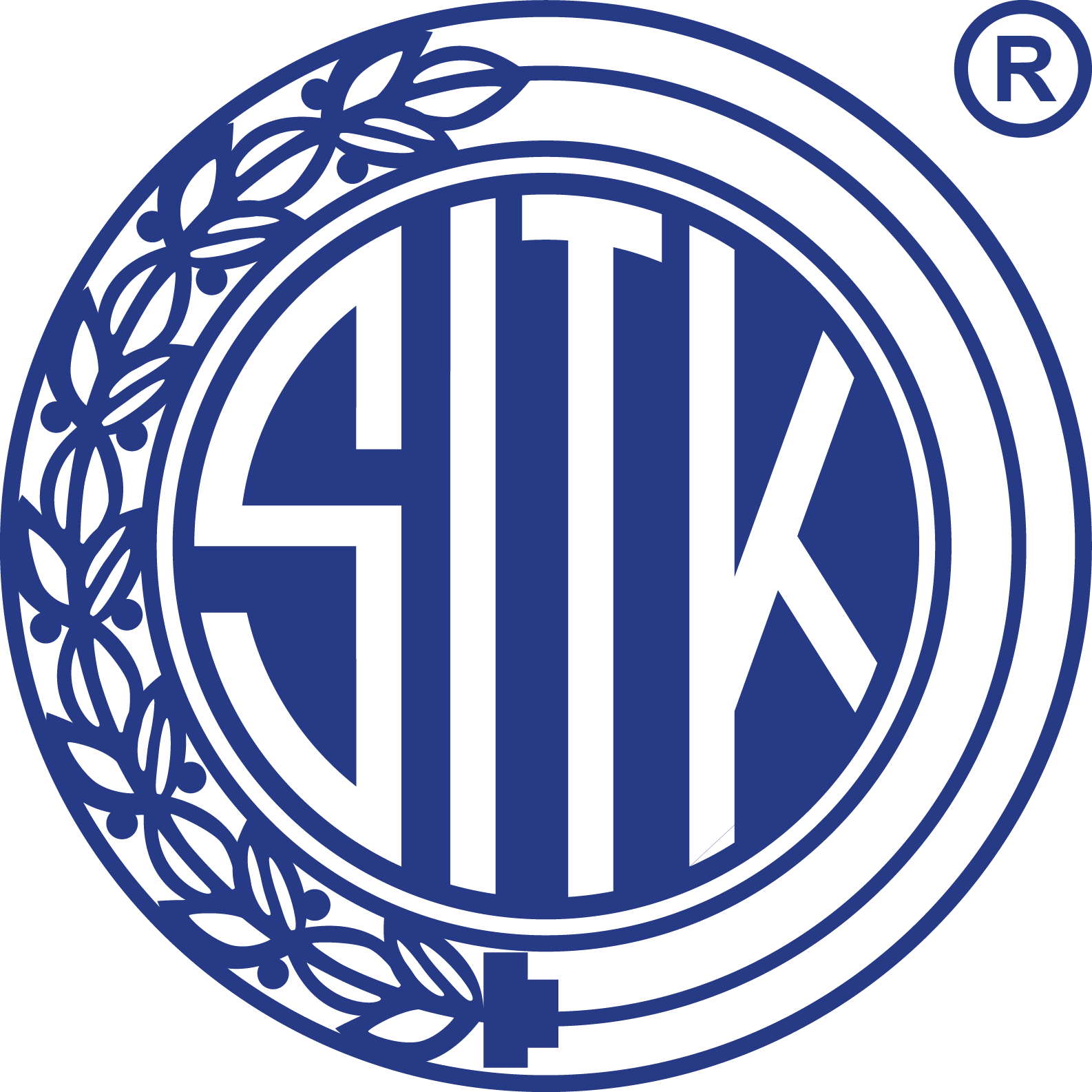
 SITK RP
SITK RP SITK RP
SITK RP